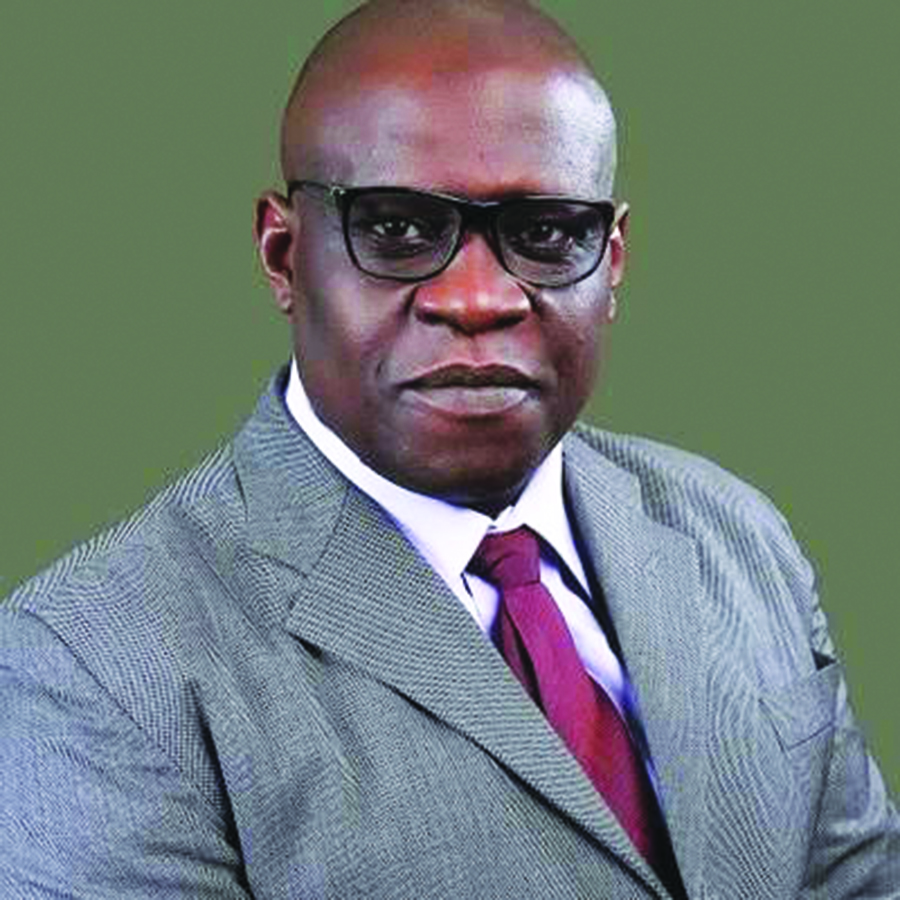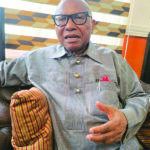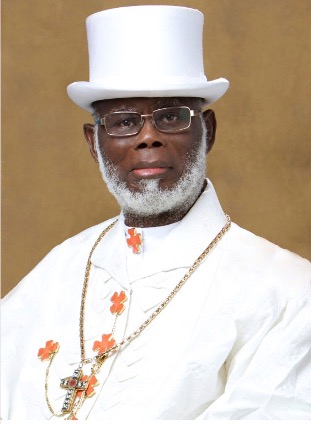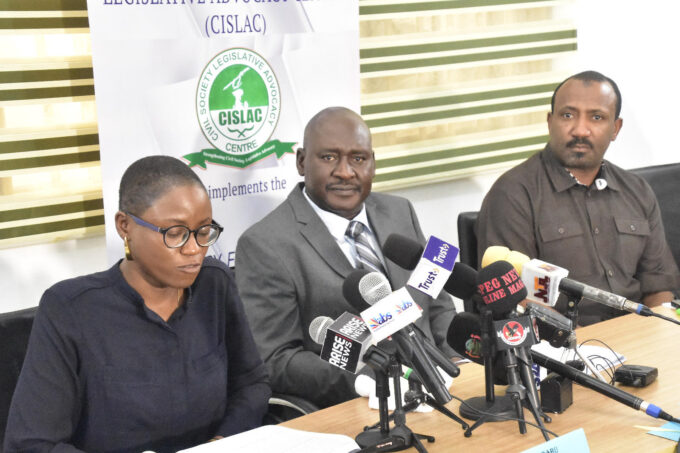Ferdinand Ekechukwu
The big news this week in Nigeria’s film industry is the major step taken towards preserving its legacy. This was disclosed in a recent announcement by Dr. Husseini Shaibu, the Executive Director and CEO of the National Film and Video Censors Board (NFVCB) who unveiled an exciting initiative poised to transform the way Nigerian cinema history is documented.
As part of the landmark initiative, the NFVCB will release in September three volumes that comprehensively catalogue all films and videos registered and classified in Nigeria since the video era began. The release of these volumes will serve as vital resources for the field.
This comes at a momentous time with Nollywood’s expansion into digital arenas and international spheres, maintaining a documented history is essential and beneficial. The NFVCB’s timely initiative provides a structure for a rapidly evolving industry, ensuring it remains rooted while forging ahead.
Sharing a preview of the book cover, Shaibu stated, “We are ready with this book that documents our Nollywood filmography from the video era. “We present this volume—the first of three—in September. Join us!” The cover image introduces the first volume, titled “A Compendium of Film & Video Works Registered and Classified from 1994 to 2004”.
The initiative is significant for Nigeria’s film industry, renowned for its cultural contributions but often criticised for inadequate documentation. It is observed that despite being the world’s second-largest film industry by output, Nollywood has lacked a centralised, publicly accessible filmography for decades, creating challenges for research, journalism, policy formulation, and global recognition.
This compendium would serve as an essential reference for film critics, scholars, and historians, providing comprehensive year-by-year data on films produced in Nigeria. It brings much-needed clarity and validation to the growth of Nigerian cinema, particularly during the influential video film era that defined Nollywood in the 1990s and early 2000s.
The NFVCB’s initiative aims to preserve Nigeria’s cinematic legacy and establish a framework for the future, promoting the recording and celebration of data, history, and storytelling. This is a significant step toward accountability and increased visibility for one of Africa’s most important cultural sectors.


















Leave a comment